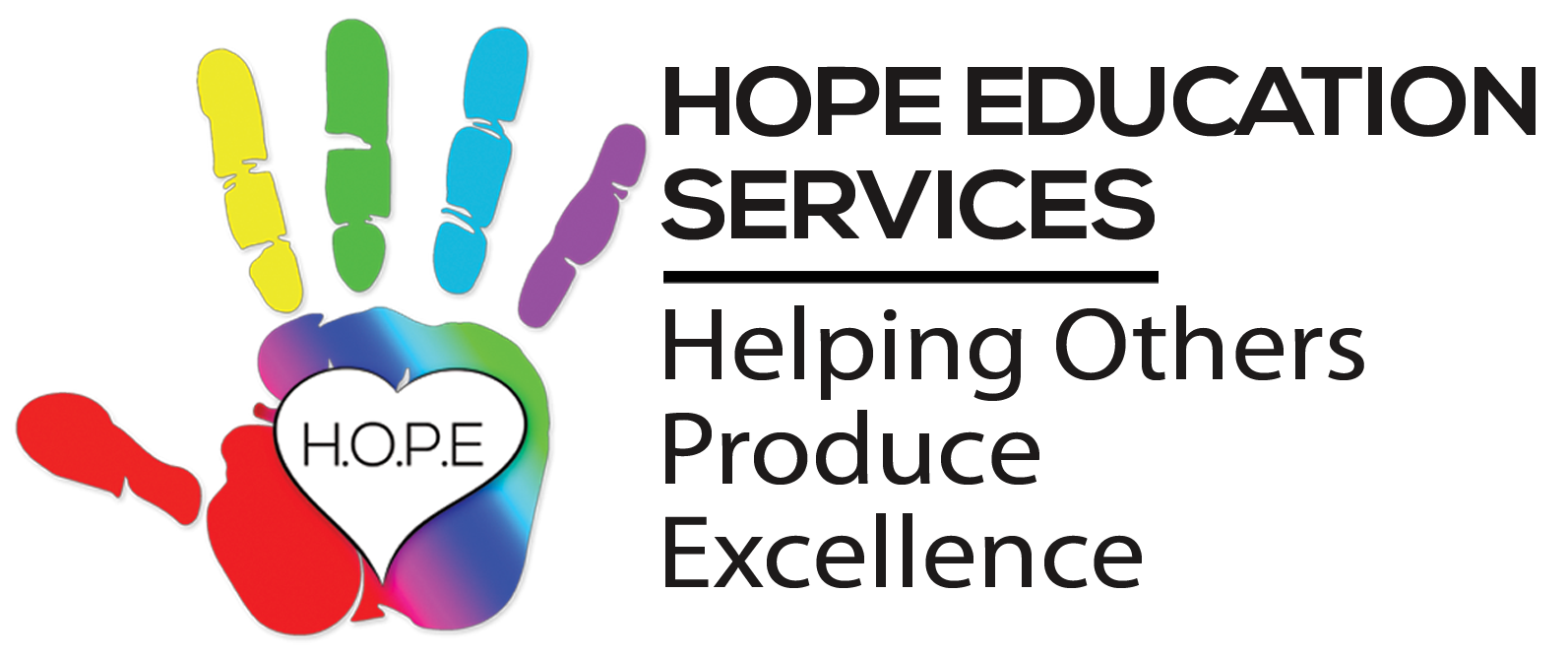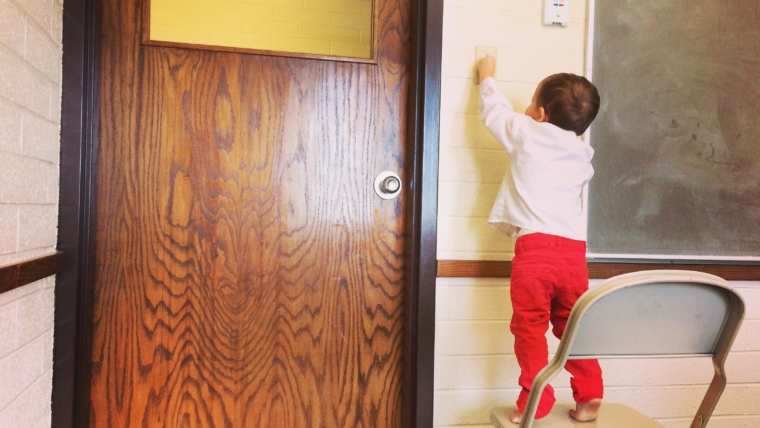One of the mostly common questions parents with a child with Autism asks is what it means that Autism is a Spectrum Disorder.
Essentially, it means that every child diagnosed with Autism is different.
No two children have the exact same interests, strengths or weaknesses. Some children will develop into talented artists and musicians. Some will excel in math while others may have challenges learning to read. Some children with learn to talk to communicate as well as you or I and others may require the use of alternative methods of communication.
That’s why it is so important to consult with an Autism expert like myself who can identify a plan that will work for your child rather than what I call “a one size fits no- one approach.”
Since no two children with Autism are alike, it is impossible to predict a child’s outcome. Some children with Autism will learn to speak well, will be able to attend university and be financially and physical independent. Others may need supports for the rest of their lives.
According to the Diagnostic and Statistical Manual of the American Psychiatric Association (2013) there are three levels of severity for Autism:
| Severity level | Social communication | Restricted, repetitive behaviors |
| Level 3
“Requiring very substantial support” |
Severe deficits in verbal and nonverbal social communication skills cause severe impairments in functioning, very limited initiation of social interactions, and minimal response to social overtures from others. For example, a person with few words of intelligible speech who rarely initiates interaction and, when he or she does, makes unusual approaches to meet needs only and responds to only very direct social approaches | Inflexibility of behavior, extreme difficulty coping with change, or other restricted/repetitive behaviors markedly interfere with functioning in all spheres. Great distress/difficulty changing focus or action. |
| Level 2
“Requiring substantial support” |
Marked deficits in verbal and nonverbal social communication skills; social impairments apparent even with supports in place; limited initiation of social interactions; and reduced or abnormal responses to social overtures from others. For example, a person who speaks simple sentences, whose interaction is limited to narrow special interests, and how has markedly odd nonverbal communication. | Inflexibility of behavior, difficulty coping with change, or other restricted/repetitive behaviors appear frequently enough to be obvious to the casual observer and interfere with functioning in a variety of contexts. Distress and/or difficulty changing focus or action. |
| Level 1
“Requiring support” |
Without supports in place, deficits in social communication cause noticeable impairments. Difficulty initiating social interactions, and clear examples of atypical or unsuccessful response to social overtures of others. May appear to have decreased interest in social interactions. For example, a person who is able to speak in full sentences and engages in communication but whose to- and-fro conversation with others fails, and whose attempts to make friends are odd and typically unsuccessful. | Inflexibility of behavior causes significant interference with functioning in one or more contexts. Difficulty switching between activities. Problems of organization and planning hamper independence. |
The truth is that some children Autism will respond better to therapies than others and despite millions of dollars and decades of research, nobody knows why.
My goal for your child is that he lives into the greatest potential for him. I want your family help your family to achieve excellence and am committed your child’s success. You are not in this alone. Together, we make a great team.



